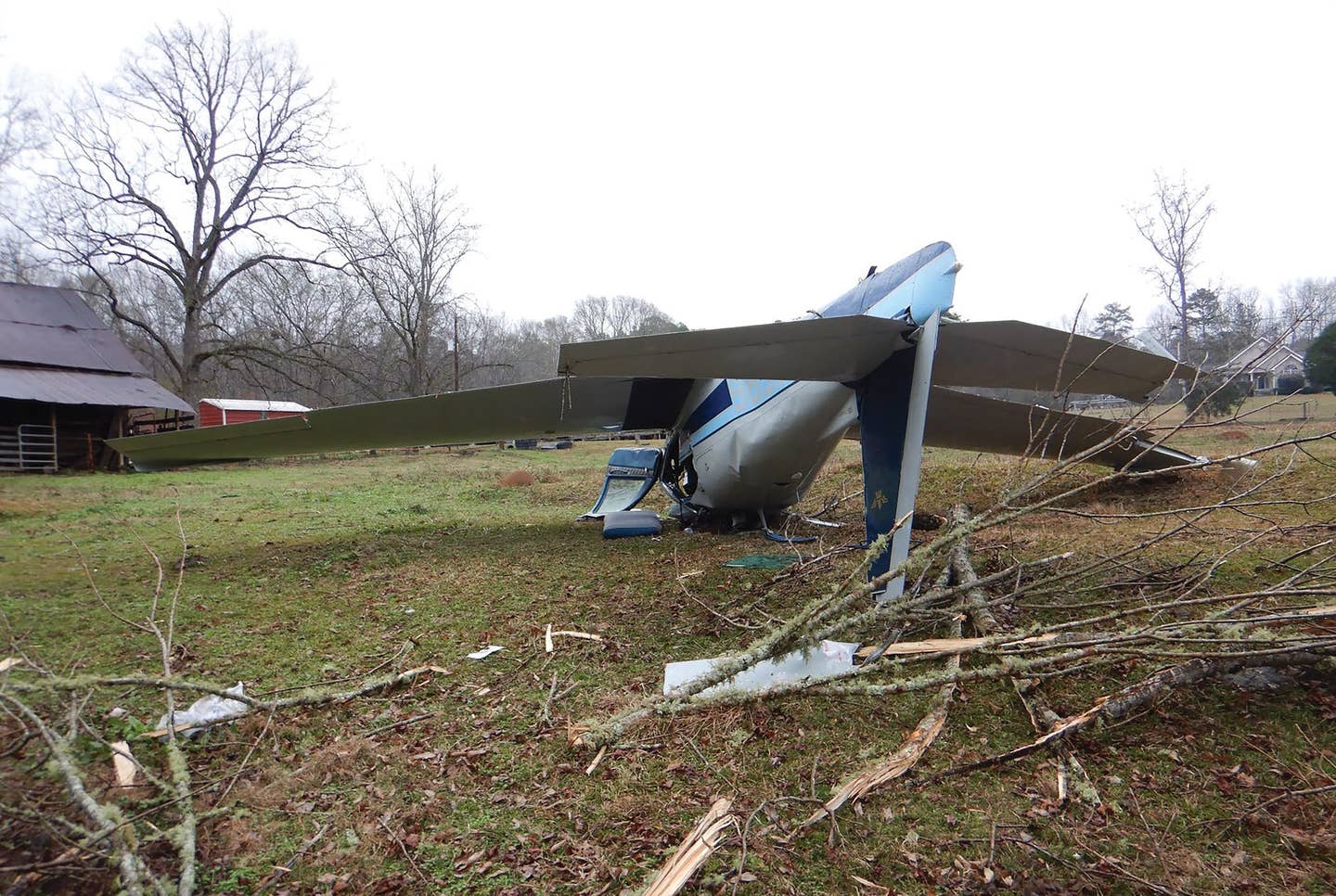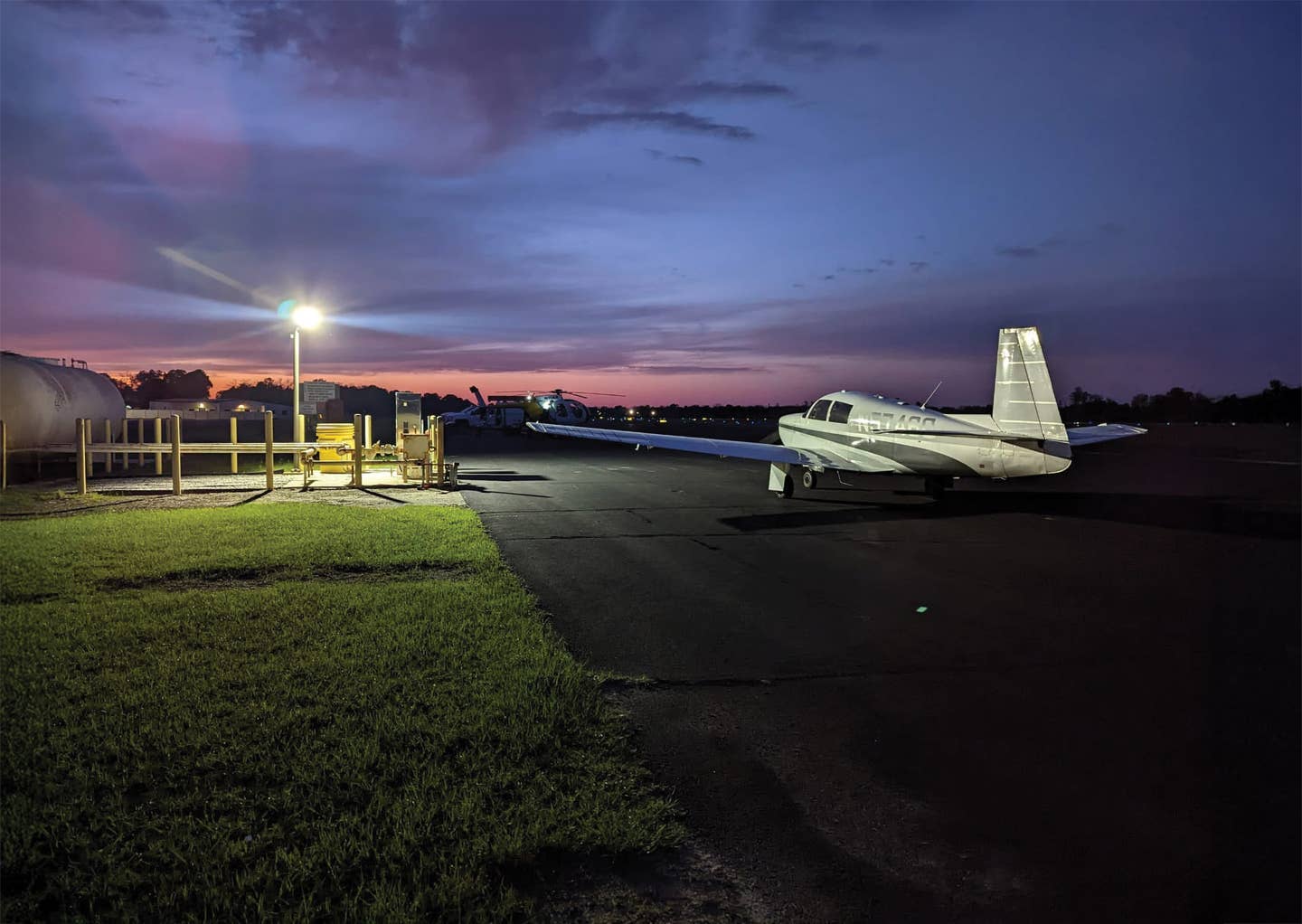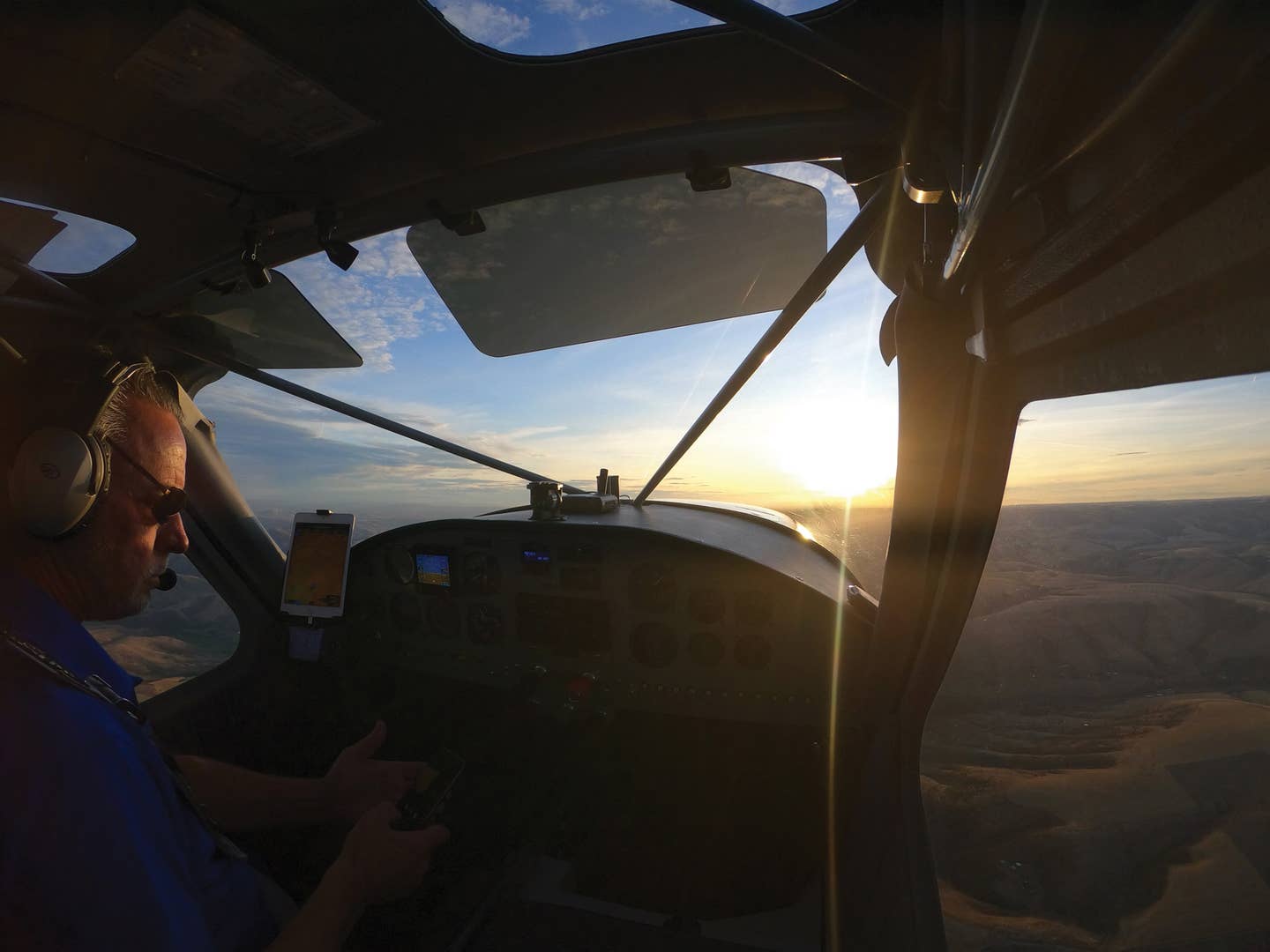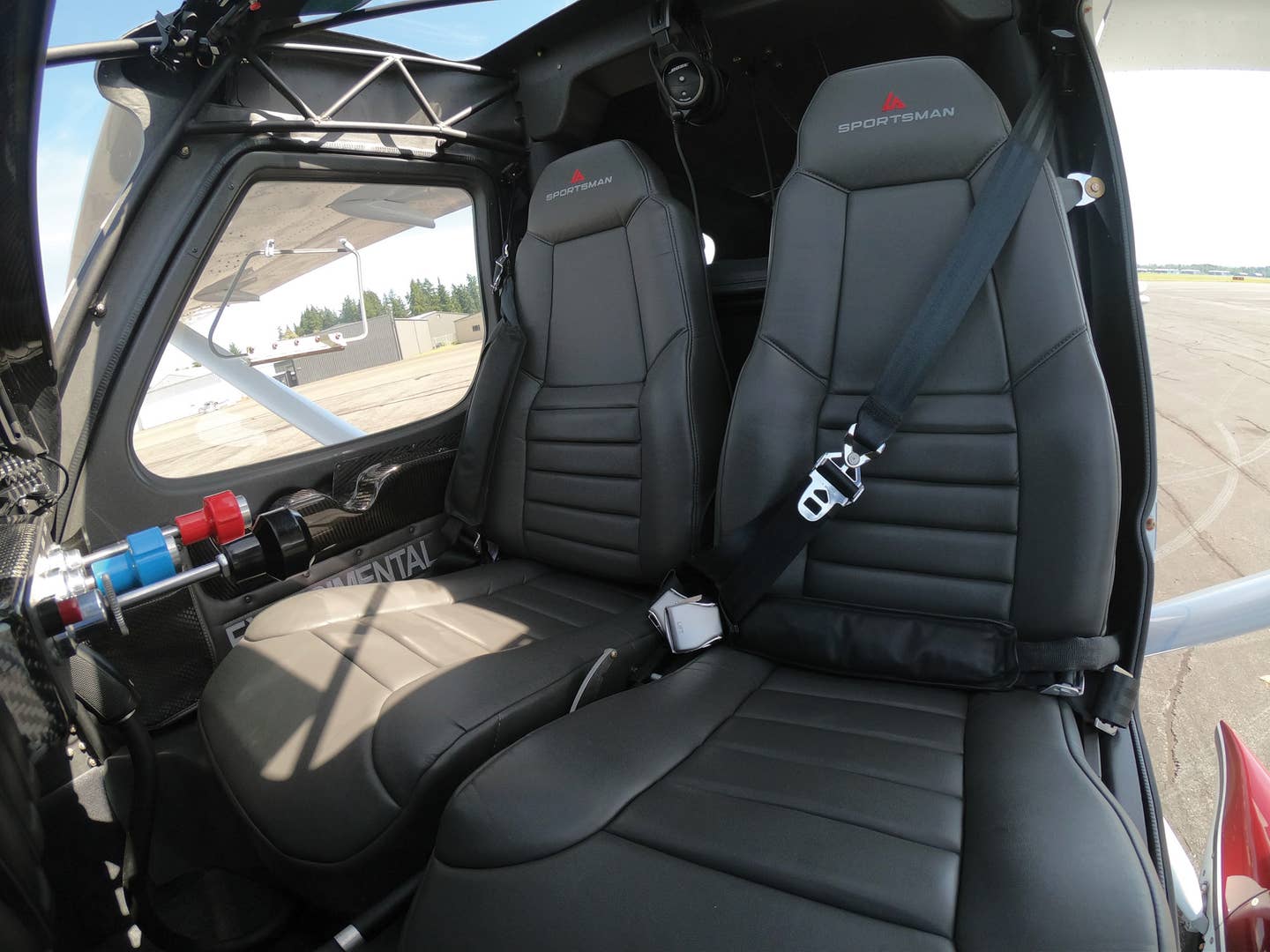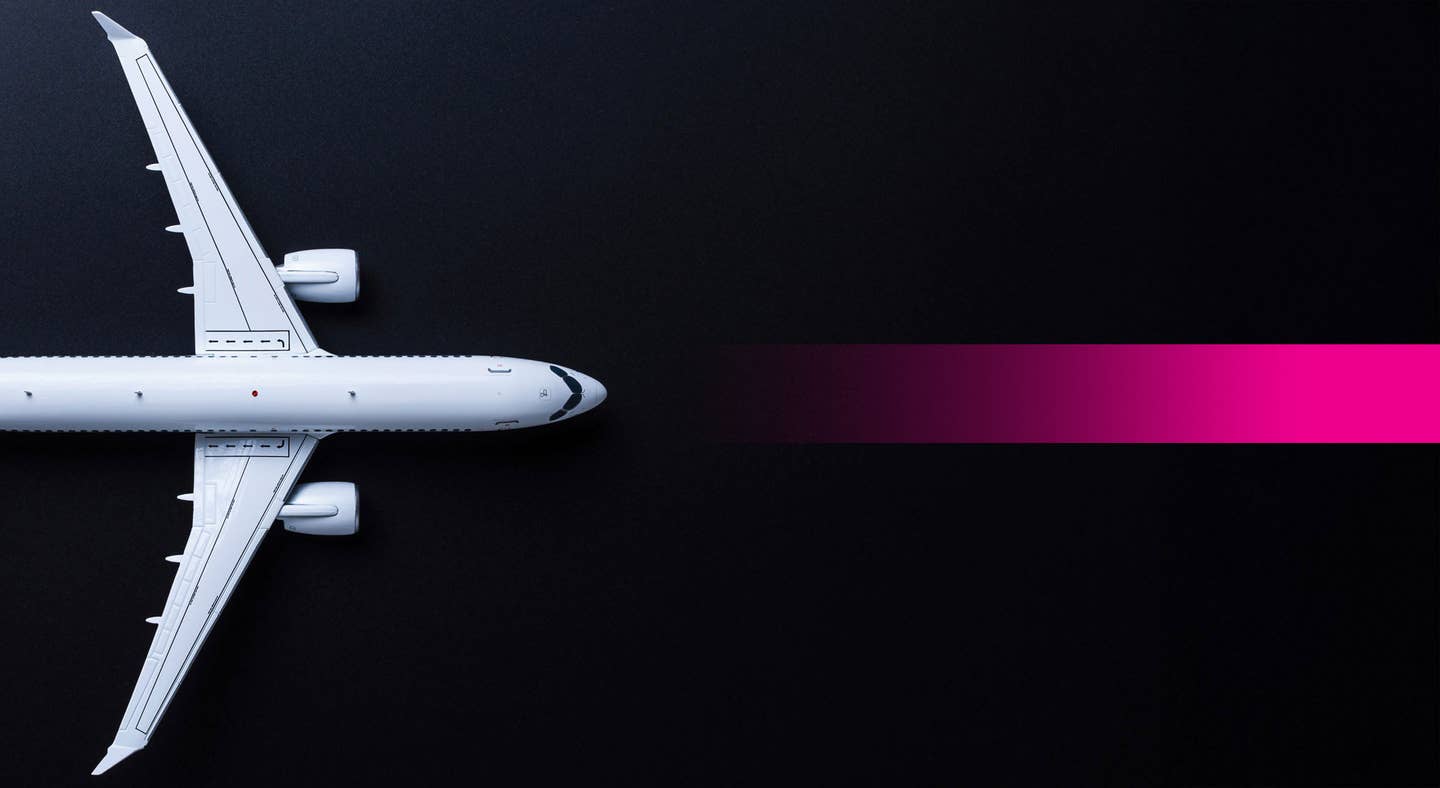When Do I Need to Register My Drone?
By following the process and complying with FAA regulations, UAV operators can avoid penalties and enjoy the benefits of operations.

Understanding drone registration is essential for anyone planning to fly a drone, whether for recreation or business. [Image: Adobe Stock]
I remember the excitement I felt when I purchased my first DJI drone, a Phantom 3 Standard, in 2015. Back then, all you needed was a drone and the courage to take off if you wanted to be a drone pilot.
Things are more regulated now with Part 107 licenses, Remote ID, and drone registrations. Even with this greater oversight, drones are still a fun and potentially profitable industry in which to work.
As technology advances, drones have become more affordable, sophisticated, and accessible, leading to a surge in usage across various sectors, including photography, agriculture, real estate, and delivery services.
However, with this popularity comes the responsibility to operate drones legally and safely. The FAA has established drone registration requirements to maintain order and safety in the skies.
I’ve spoken with several people who avoided flying drones because the process of registering drones or getting their pilot’s license seems too overwhelming. Thankfully, when you break it down, registering your drone is easy and affordable.
Understanding Drone Registration
You have probably seen the N-number on the tails of aircraft. The “N,” which shows the aircraft is registered in the United States, is followed by a series of alphanumeric characters that are the aircraft’s registration number.
Just like crewed aircraft, many drones are required to also have a registration number. The format for FAA drone registration starts with the letters “FA” followed by eight alphanumeric characters.
The registration provides the FAA with essential data, helping it manage airspace and regulate drones to protect both crewed aircraft and people on the ground. Registration is not only a regulatory requirement but also a step toward ensuring air accountability, especially as drones continue to evolve and expand in use cases.
If you are already a Part 107 pilot, you are well aware of the remote pilot airman certification standards related to this. If you are new to drones, you must be aware of these rules and follow them.
Compliance with FAA regulations is critical to avoid penalties, prevent accidents, and contribute to a safe and controlled environment for all airspace users.
Factors Determining Registration Requirements
When it comes to drone registration, several key factors determine whether your drone needs to be registered with the FAA.
This helps ensure both safety and regulatory compliance as drones continue to increase in popularity. The FAA sets specific guidelines based on attributes such as weight and how you plan to use the drone (recreational or commercial).
Each of these factors plays an important role in regulating the safe integration of drones into shared airspace, protecting both recreational and commercial users. Let’s break down these criteria to help you understand when drone registration is required.
- Weight: One of the primary factors that determine whether a drone must be registered is its weight. The FAA categorizes drones based on weight to distinguish which devices fall under regulatory scrutiny. Here are the basic guidelines:
— Drones weighing less than 0.55 pounds (250 grams): Drones below this weight threshold do not require registration if used solely for recreational purposes.
— Drones weighing between 0.55 pounds (250 grams) and 55 pounds: Drones in this range must be registered regardless of their intended use, whether recreational or commercial.
— Drones weighing over 55 pounds: Heavy drones typically require special permits and additional regulatory processes due to their size, potential impact, and operational risks.
To determine the weight of your drone, you can check the manufacturer’s specifications, usually found in the manual or on the product packaging. Ensuring that the weight of your drone falls within the correct range helps you comply with FAA guidelines and avoid fines.
- Purpose: The intended use of your drone, whether for recreation or commercial endeavors, also plays a role in determining the registration requirements.
— Recreational use: If you are flying a drone purely for fun or as a hobby, registration is required only if the drone exceeds 0.55 pounds. Additionally, recreational operators must adhere to community-based guidelines and keep the drone within visual line of sight.
— Commercial use: If you are using your drone for business purposes—such as aerial photography for clients, real estate, mapping, or other profit-driven activities—the FAA mandates registration regardless of the drone’s weight. Commercial operators must also obtain Part 107 certification, which includes passing an FAA knowledge test. Part 107 certification allows the operator to fly for commercial purposes and access certain restricted areas with permission.
The purpose of drone operations significantly impacts the registration process and requirements, as the FAA maintains stricter rules for commercial flights to ensure airspace safety and professionalism.
Drone Registration Process
Registering your drone with the FAA is a straightforward process that can typically be completed online in just a few minutes. Before you begin, make sure to have the following information handy:
- Physical address and mailing address (if different from physical address)
- Email address
- Phone number
- Make and model of drone
- Specific remote ID serial number provided by manufacturer (if applicable)
- Credit or debit card
Here’s a step-by-step guide:
- Visit the FAA DroneZone website: The FAA provides an official online portal where users can register their drones quickly and securely.
- Create an FAA account: New users need to set up an account with a username and password. Existing users can log in with their credentials.
- Provide required information: During registration, you’ll need to supply details such as the make and model of your drone, as well as your name and contact information.
- Pay the registration fee: As per the latest guidelines, the registration fee is $5 per drone, which covers a three-year period.
- Receive a registration number: Upon completing the registration process, you’ll receive a unique identification number for your drone. This number must be marked on the drone’s exterior so it can be easily seen.
For commercial operators, additional requirements under Part 107 certification may apply, such as obtaining remote pilot certification and adhering to specific operational rules. This certification process involves a formal application, study, and testing to ensure that the operator understands airspace and safety protocols.
Becoming a commercial drone pilot and landing your dream job is easy, especially when you use online platforms like Altitude University or the Pilot Institute.
Consequences of Nonregistration
Operating an unregistered drone can lead to significant penalties. Noncompliant operators may face fines of up to $27,500 in civil penalties, while criminal penalties could include fines of up to $250,000 and potential imprisonment.
These severe consequences emphasize the FAA’s commitment to maintaining safety in the skies and underline the importance of compliance with registration rules.
Additionally, unregistered drones can lead to conflicts with law enforcement and hinder search-and-rescue operations or emergency responses. Registering your drone not only keeps you on the right side of the law but also contributes to responsible and cooperative drone usage.
Understanding drone registration is essential for anyone planning to fly a drone, whether for recreation or business. Key factors such as weight and use case influence the requirement to register, with the FAA enforcing these guidelines to safeguard airspace and public safety.
By following the registration process and complying with FAA regulations, drone operators can avoid penalties and enjoy the benefits of safe and legal drone operations.
As drones continue to expand in both popularity and application, understanding and respecting these guidelines is essential to fostering a future where drones and crewed aircraft coexist safely and productively.
FAQ
Do I need to register my drone if I only fly it indoors?
No. FAA registration is only required for drones flown outdoors. Indoor-only drones are exempt from FAA registration.
How much does it cost to register a drone with the FAA, and how long is the registration valid?
Registration costs $5 per drone, and the registration is valid for three years. After three years, it must be renewed.
What are the penalties for flying an unregistered drone?
Operating an unregistered drone can result in civil penalties of up to $27,500 and criminal penalties, including fines of up to $250,000 and/or imprisonment.

Subscribe to Our Newsletter
Get the latest Plane & Pilot Magazine stories delivered directly to your inbox

